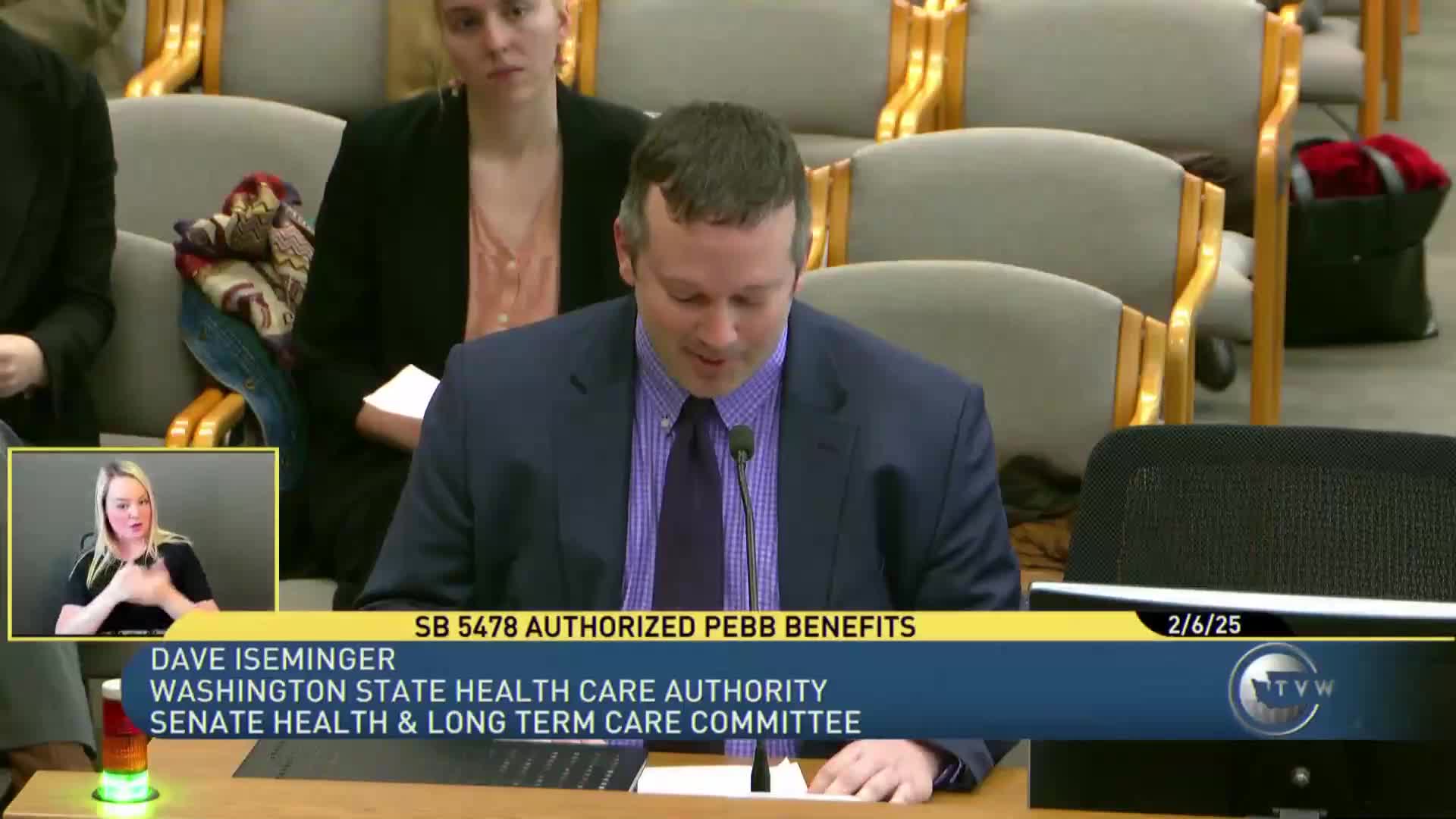Article not found
This article is no longer available. But don't worry—we've gathered other articles that discuss the same topic.
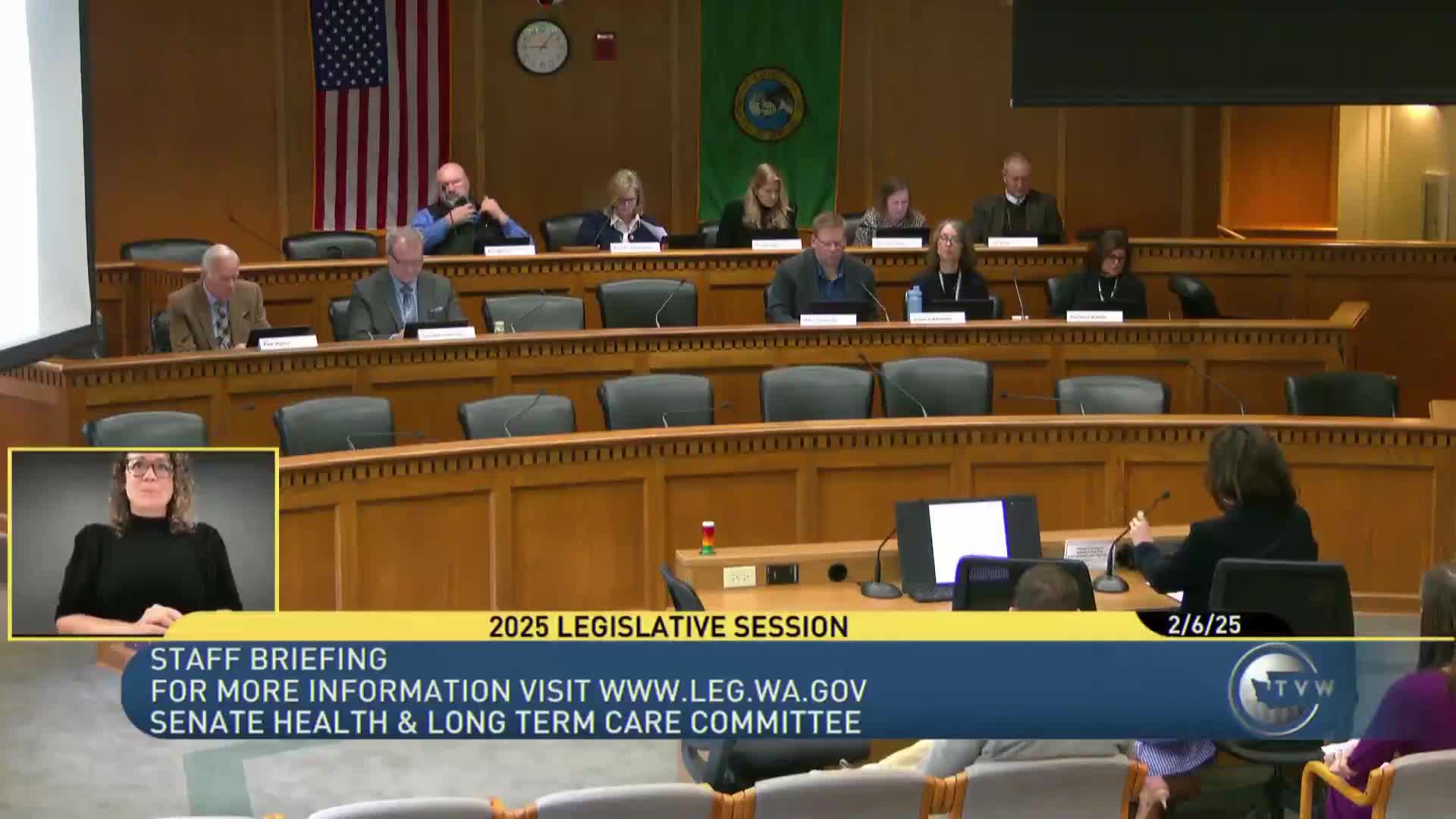
Committee hears competing views on proposed psilocybin access program; debate centers on regulation, equity and decriminalization
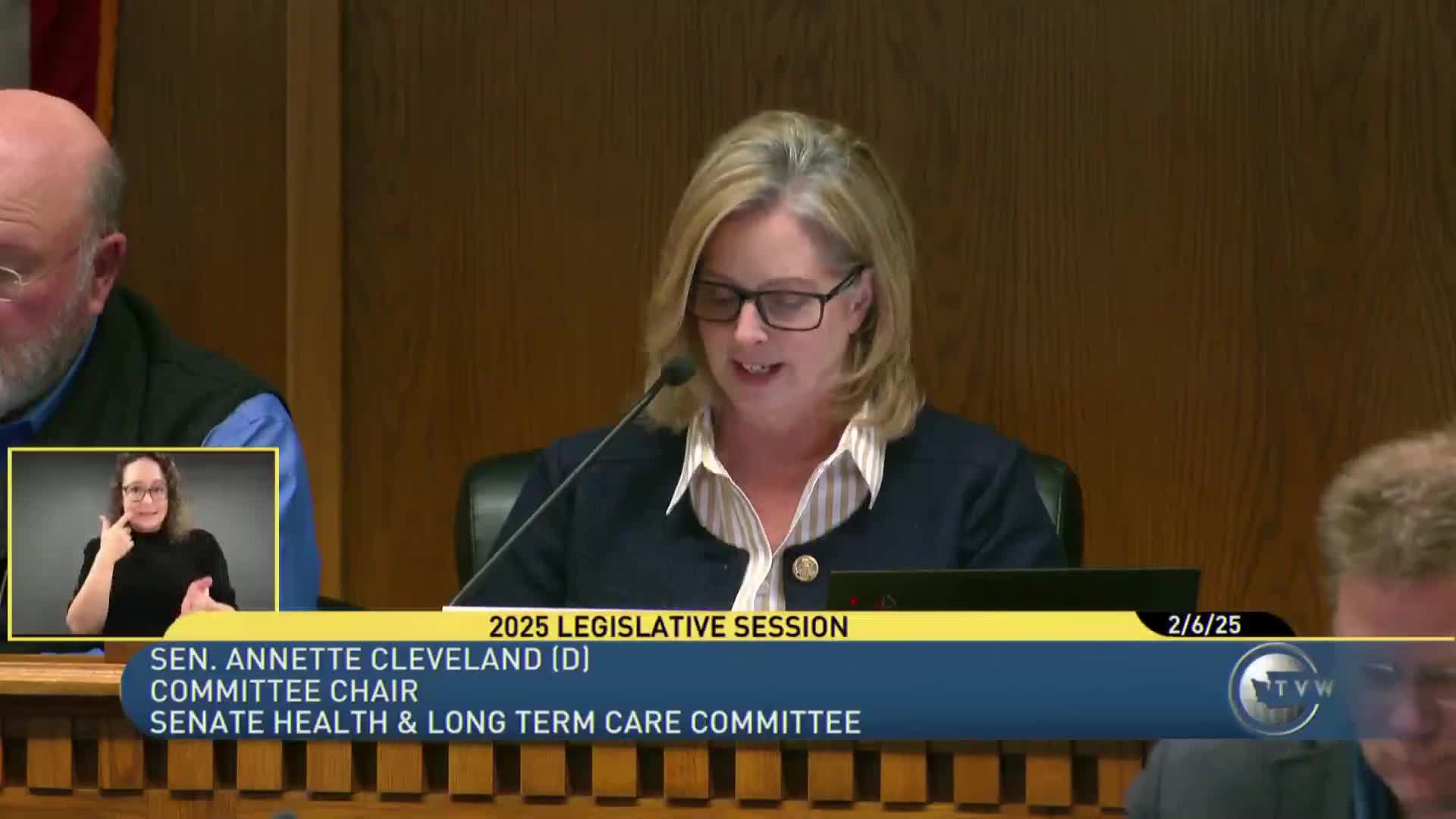
University of Washington to run prospective ibogaine study; committee hears update on psilocybin safety work
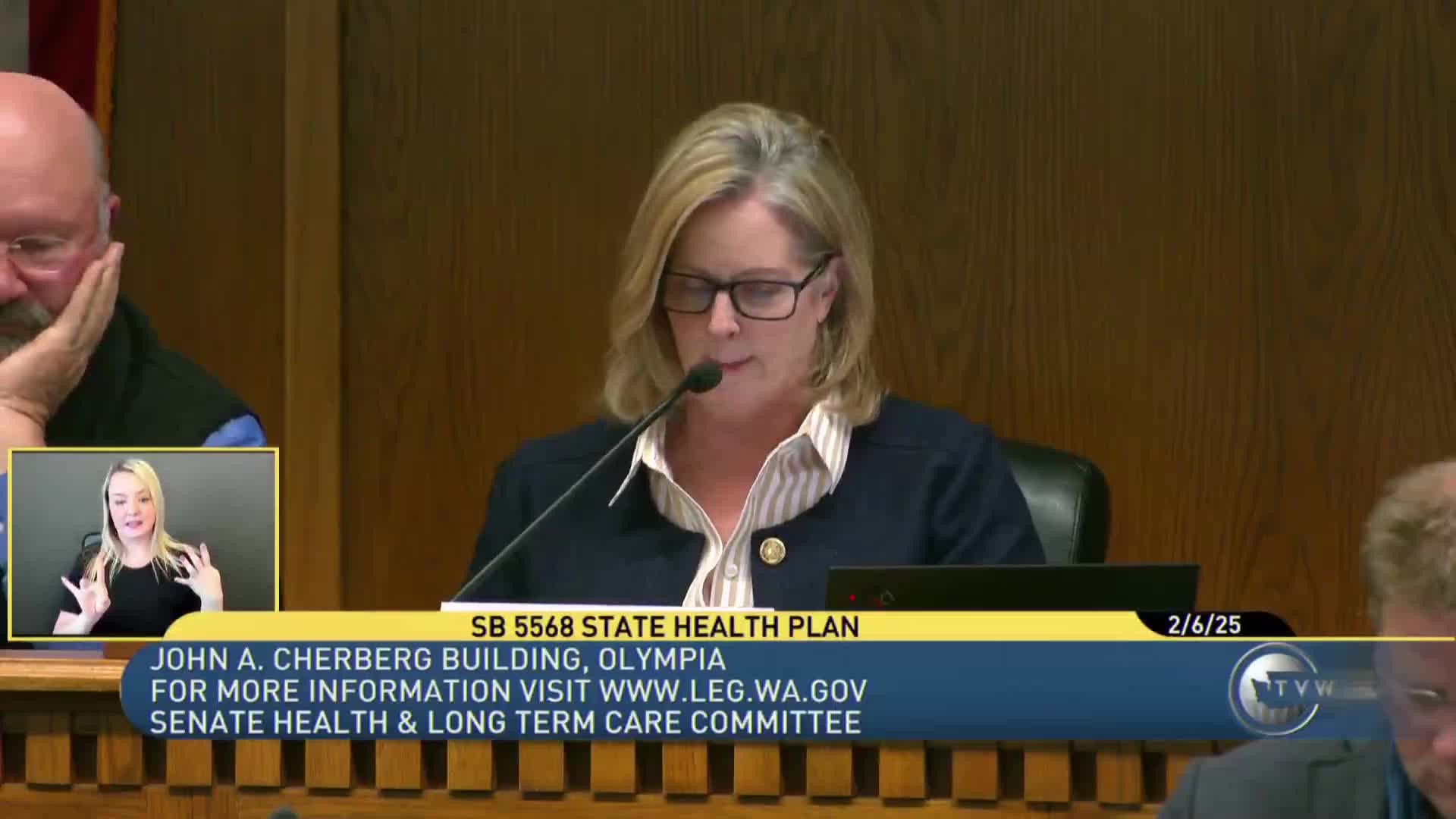
Senate committee hears bill to update Washington State Health Plan; OFM to lead drafting and reporting
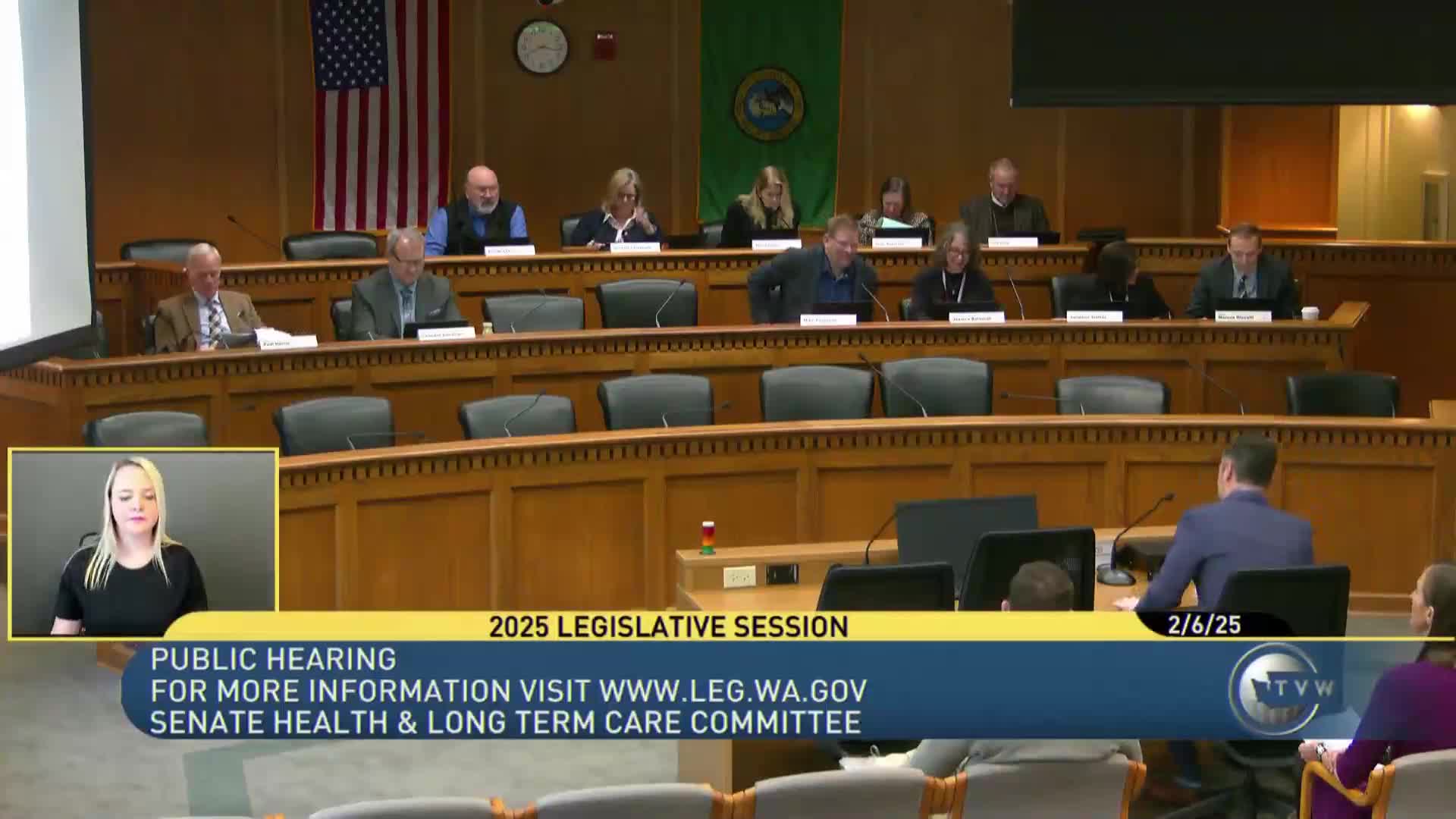
Committee hears bill to align Public Employees Benefits Board authority with SEBB’s voluntary benefit offerings
